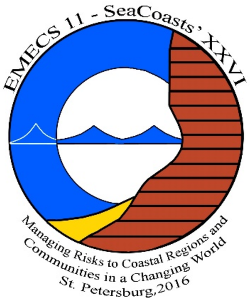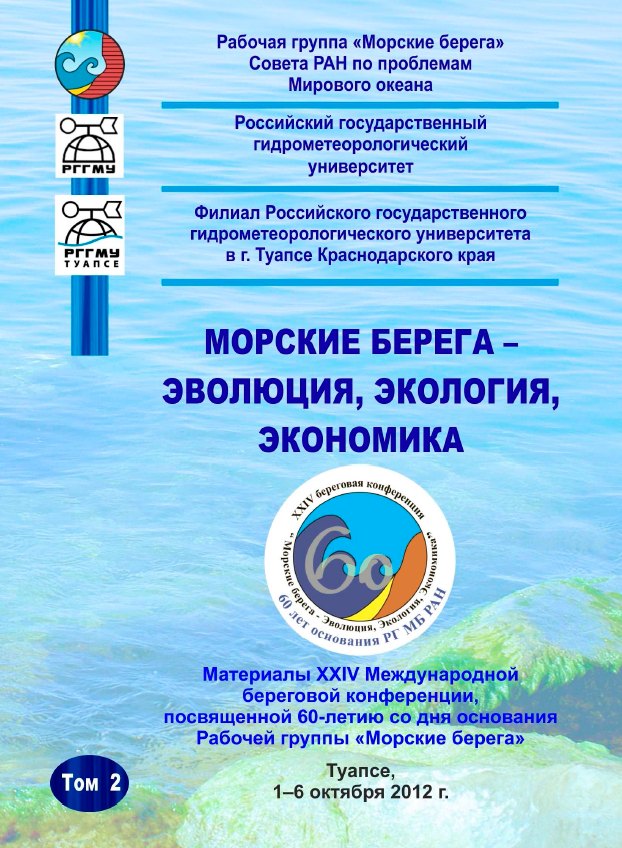Russian Federation
BISAC NAT010000 Ecology
BISAC NAT045050 Ecosystems & Habitats / Coastal Regions & Shorelines
BISAC NAT025000 Ecosystems & Habitats / Oceans & Seas
BISAC NAT045030 Ecosystems & Habitats / Polar Regions
BISAC SCI081000 Earth Sciences / Hydrology
BISAC SCI092000 Global Warming & Climate Change
BISAC SCI020000 Life Sciences / Ecology
BISAC SCI039000 Life Sciences / Marine Biology
BISAC SOC053000 Regional Studies
BISAC TEC060000 Marine & Naval
Dredging is a necessary activity, it is commonly used to improve the navigable depths in ports, harbours and shipping channels, to win minerals from underwater deposits, to improve drainage, reclaim land, to improve sea or river defences or clean up the environment. Dredging will usually make some change in the environment. It is, therefore, of the utmost importance that we be able to determine whether any planned dredging will have a positive or negative impact on our environment. Evaluation of environmental impact should examine both the short- and long-term effects, as well as the sustainability of the altered environment.
Black sea
Environmental effects of dredging may include increases in the level of suspended sediment in the vicinity owing to the excavation process, the overflow while loading hoppers, and the loss of dredged material from hoppers or pipelines during transport. At the placement site there may be disturbance or loss of benthic fauna. Most often, however, these effects will change the environment to a lesser extent in the long term than will be immediately apparent. Frequently, the level of suspended sediments generated by dredging activities are no greater than those caused by commercial shipping or bottom fishing operations, or even those generated during severe storms. Sometime, usualy in port areas, it goes without saying that re-suspension of contaminated materials poses special problems and demands rigorous scientific analysis. However, when dredging contaminated material, re-suspension becomes a key-issue. This paper focuses on monitoring and control on unwanted impacts that may arise due to re-suspension of (contaminated) dredged material.
1. Bucharest Convention (1992), Convention on the Protection of the Black Sea Against Pollution, Bucharest 1992
2. CEDA (2011), CEDA Information Paper: Environmental Control on Dredging Projects, CEDA, Delft, Netherlands, 2011
3. CEDA (2012), Position Paper on Climate Change Adaptation as it Affects the Dredging Community, CEDA, Delft, Netherlands, January 2012
4. Intergovernmental Panel on Climate Change - IPCC (2007). Climate Change 2007: Impacts, Adaptation and Vulnerability. Contribution of Working Group II to the Fourth Assessment report of the IPCC, M.L. Parry, O.F. Canziani, J.P. Palutikof, P.J. van der Linden and C.E. Hanson, Eds., Cambridge, UK.
5. PIANC (2008) Waterborne transport, ports and waterways: A review of climate change drivers, impacts, responses and mitigation. Report of PIANC Envicom Task Group 3, Climate change and navigation, Brussels, 2008.





